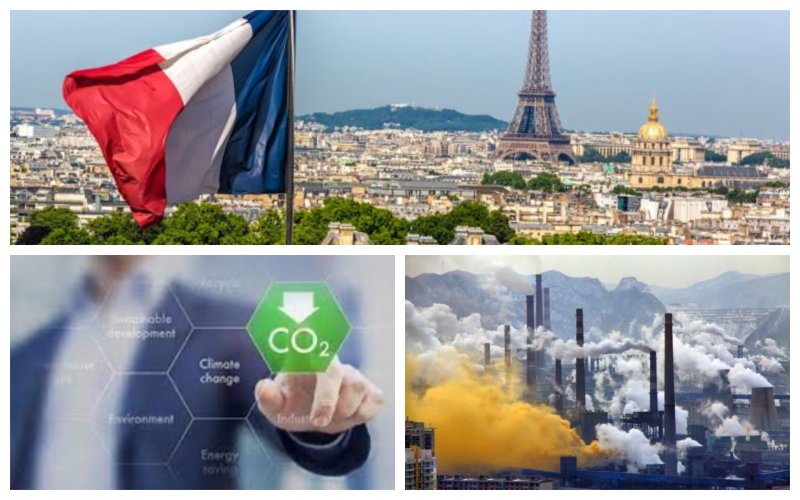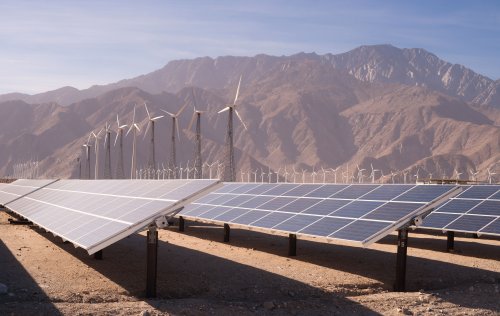France has unveiled a roadmap to cut carbon emissions by 50% by 2030 compared to 1990 levels.
The program covers a number of sectors of the economy, including the transition to electric vehicles, the development of river transport, the reduction of emissions from households, etc., reports France 24.
It is noted that this program should bring France's eco-ambitions to the EU's goal by 2030. So far, the country has reduced its emissions by 25% from 1990 levels.
The article said that the government of French President Emmanuel Macron is wary of expensive initiatives for fear that it will provoke consumers. Thus, in 2018, the increase in fuel taxes and the limitation of emissions from vehicles caused mass protests, the so-called yellow vest uprising.
"We ask a little from the smallest polluters and a lot from the biggest," said a French government official.
He explained that about half of the efforts will be aimed at companies, a quarter at households and a quarter at local administrations.
Concerns about climate change have jumped up the political agenda over the past 12 months, it said. After all, the country suffers from heat waves and droughts.
Macron admitted that he realized the scale of the planet's environmental problems late. He pledged to put climate change at the center of his second term as president. And also to make France the first major country to abandon fossil fuels.
The article said that other major economies have also set more ambitious climate goals for 2030, namely:
- Great Britain plans to reduce emissions by 68%;
- USA – by 50-52%;
- Germany – by 65%.
In addition, China and India have set long-term goals to become carbon neutral by 2060 and 2070, but have no 2030 emission reduction targets.
The UN Scientific Panel on Climate Change has said the world must cut emissions by 43% by 2030 to stay within the 1.5C global warming limit set by the Paris Agreement.
As a reminder, in France, the share of renewable energy reached 20.7% of gross final consumption in 2022, which is 1.4% more than in 2021.
As EcoPolitics previously reported, a study by the Ember climate think tank showed that global carbon emissions from energy production peaked in 2022 and will begin to decline.





